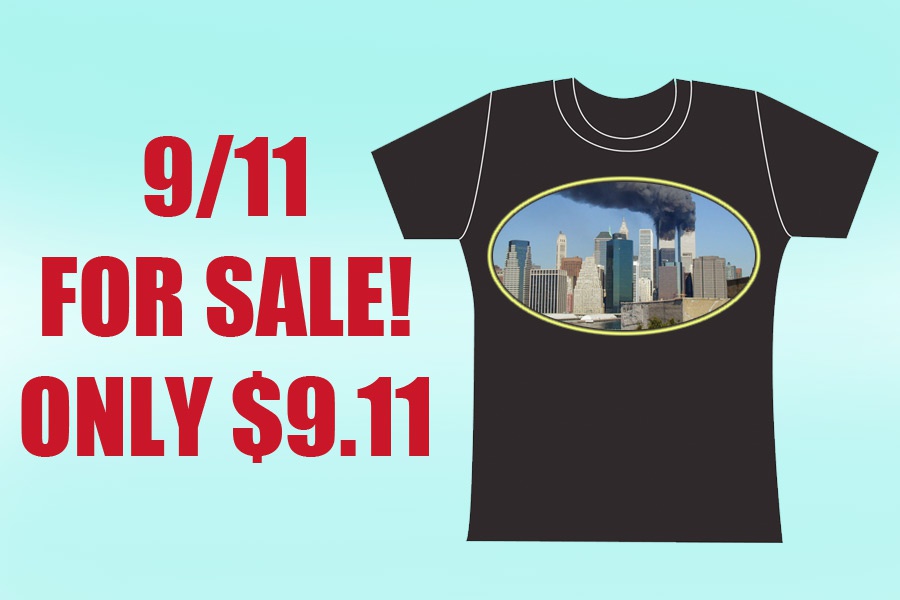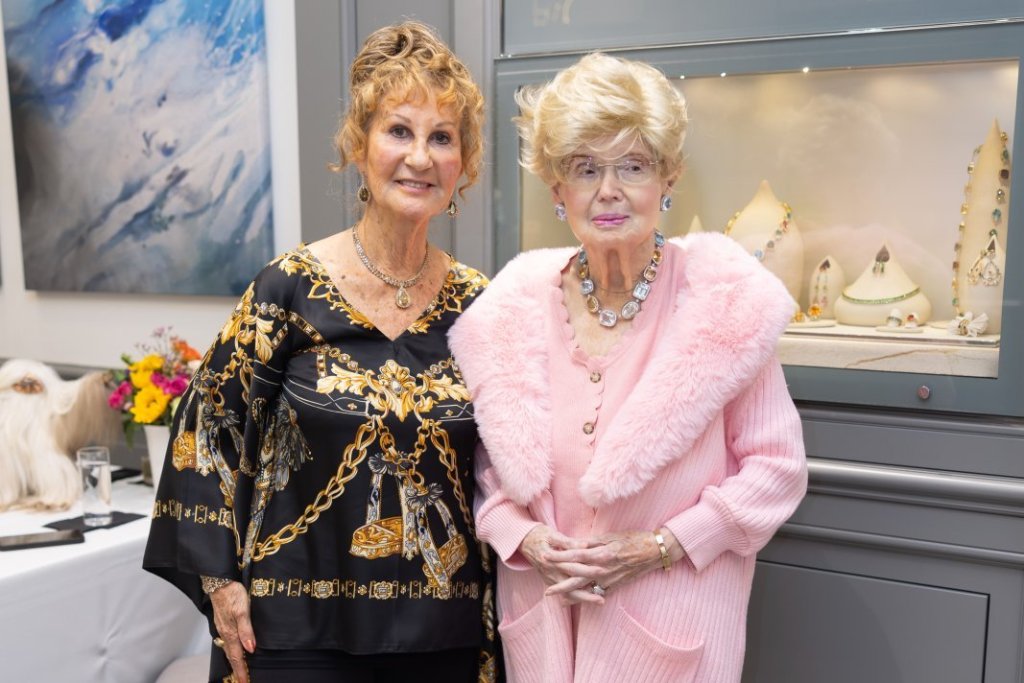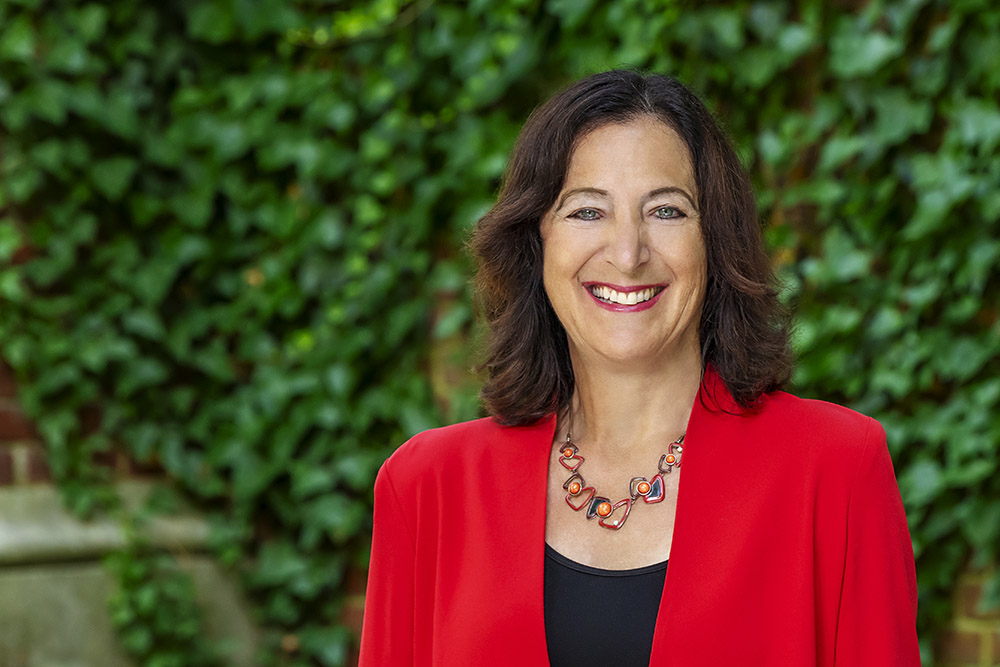What We Talk About When We Talk About 911

I remember waking up to a phone call from a friend alerting me that a plane had smashed into the World Trade Center. I didn’t believe it at first, but, like most Americans, the cold truth of it hit me when I turned on the television, and I sat riveted as more horrors unfolded throughout the day.
It seems odd that this event, now 12 years past, was a distant childhood memory for some young adults and teens who weren’t old enough to understand the geopolitical ramifications of the attack, to experience the overwhelming sea change that followed as our country entered two extensive wars and began dismantling many of our liberties—for the greater good or not. Many of our younger folks on the East End probably didn’t make it into the city in the subsequent days, or smell that acrid stench in lower Manhattan. They didn’t see hospital walls plastered with faces of the missing or notice that the payphones (what are payphones?) had gone offline.
While I didn’t lose anyone in the attack beyond a minor acquaintance, and I wasn’t in the city when it transpired, 911 had a profound effect on me and on all Americans. It impacted the world community at large.
So why is it, 12 years later, this anniversary has twinges of artifice? Why do I feel cynical about the very mention of “the tragic events of September 11, 2001?”
I was moved, I was terrified, I was devastated. My world changed forever. I mourned my countrymen and became more politically aware and active than I ever had before. I raged about horrors begetting horrors begetting horrors in sandy wastelands thousands of miles from home. I asked why it happened and only silence and excuses were returned.
This day was profoundly important, and remains so for me. But as a journalist and curator of the content on this website, I cringed at the very idea of mentioning 911, let alone creating stories or posts to mark the day.
Still, I posted a photograph of the Southampton Fire Department’s 911 monument and asked our Facebook and Twitter fans to never forget the fallen and the lost. More precisely, I asked them to #NeverForget the fallen and the lost—and continued with more of today’s trending hashtags (pasted below). The message was perhaps purely intentioned, with a desire only to mark and honor the day in a tasteful way, but the act of adding September 11 hashtags felt somehow dirty and grossly inappropriate.

I have spent part of today scoffing at the absolutely distasteful tweet by AT&T displaying a smartphone and the World Trade Center memorial, the $9.11 golf special in Wisconsin and, most absurdly, the snapshot of a sign inside the Mariott hotel that reads: “In remembrance of those we lost on 9/11 the hotel will proved complimentary coffee and mini muffins from 8:45 – 9:15 a.m.” (see tweets below)
Were these cruel Banksy pranks about the commodification of our nation’s worst tragedy? The T-shirts, bumper stickers, commemorative coins, cookies, flags and so on are bad enough, but it seems our society has an innate need to own a piece or symbol of anything that moves us—and there are more than enough people willing to provide.
Maybe the architect of these insane ads and promotions wasn’t old enough to really understand the true impact of the attack? Just as I acknowledge the importance of Pearl Harbor and what happened there in December of 1941, or the JFK assassination in 1963, I wasn’t born and am therefore not affected on a visceral level.
A better analogy might be the death of John Lennon. I clearly remember hearing the news when it happened (we lived in NYC at the time), and I knew who Lennon was, but I was four years old. I couldn’t understand the true impact of his death or the scope of the loss.
Then again, I wouldn’t be caught dead joking about it or selling “John Lennon Murder Day” T-shirts either.





